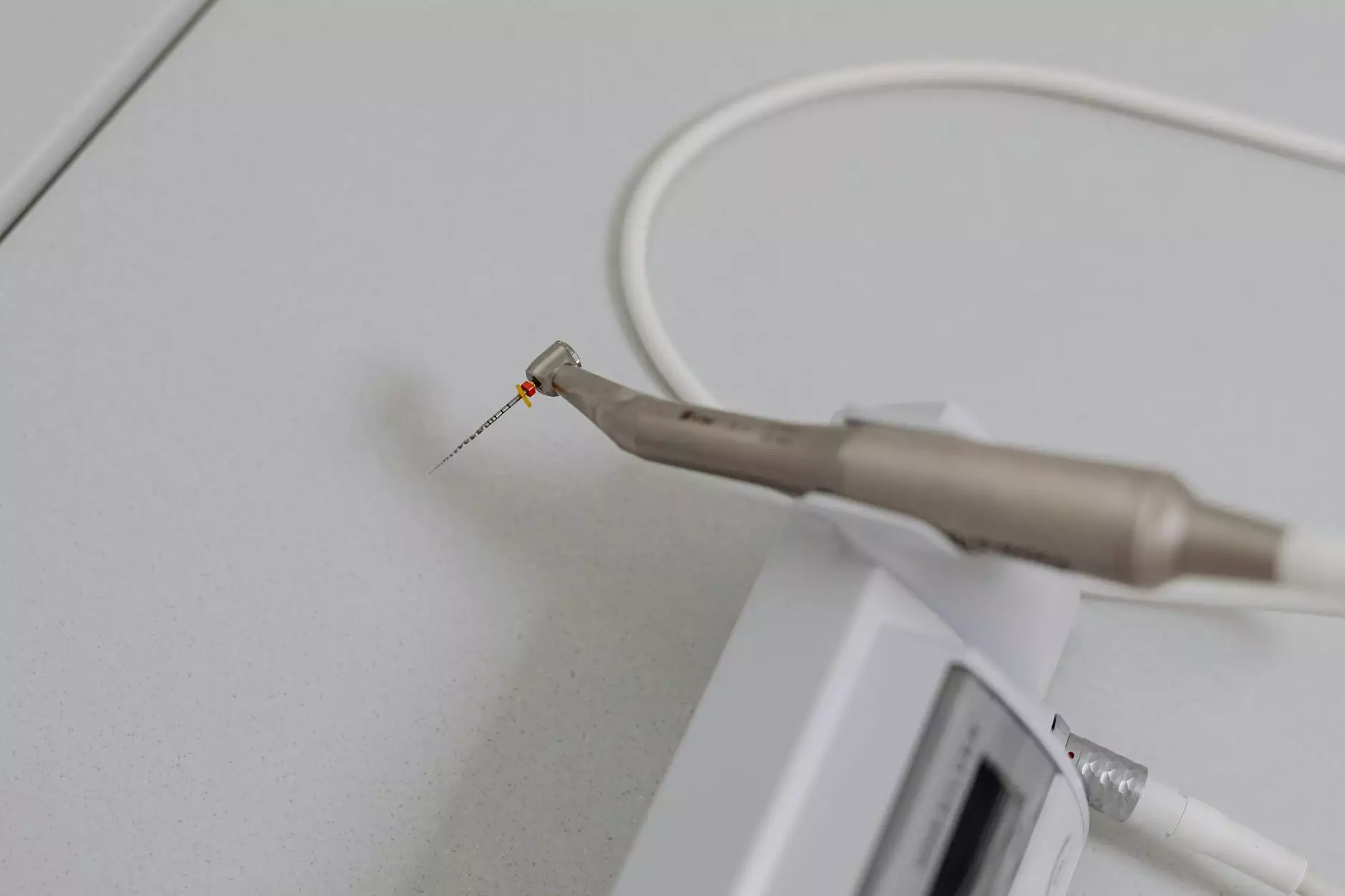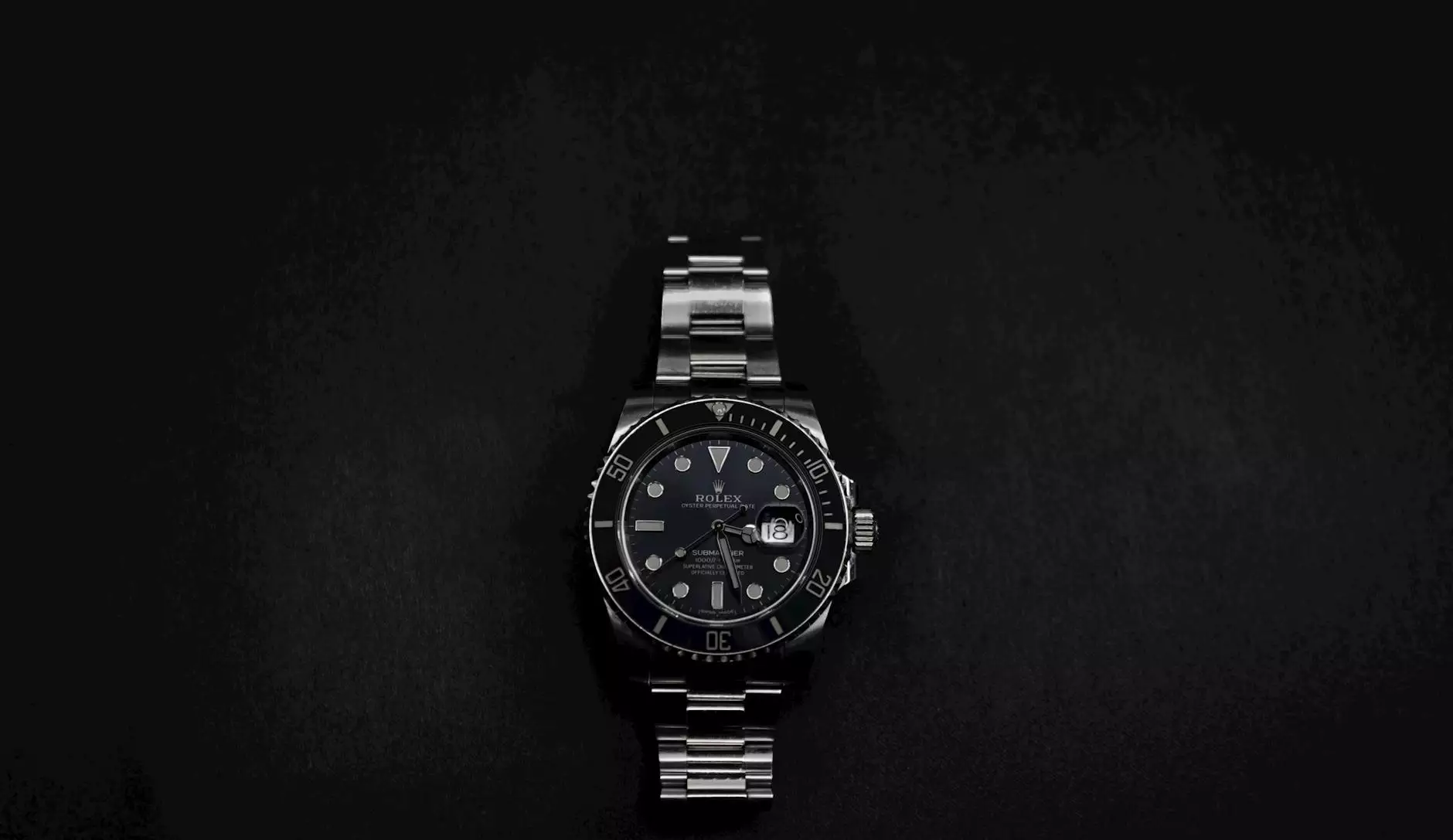Surgical Instrumentation: Elevating Health and Medical Standards

Surgical instrumentation is a critical aspect of modern healthcare, playing an indispensable role in ensuring successful surgical outcomes. As medicine advances, the demand for high-quality, reliable, and precise surgical instruments has never been greater. This article explores the intricacies of surgical instrumentation, its significance in various health markets, and the various categories of medical supplies that contribute to enhanced patient care.
The Importance of Surgical Instrumentation in Healthcare
Every surgical procedure, from the simplest to the most complex, relies on a well-organized suite of surgical instruments. These tools are specifically designed to aid surgeons in performing intricate tasks with utmost precision. Here are some reasons why surgical instrumentation is of paramount importance:
- Precision and Accuracy: Instruments designed for specific tasks improve the accuracy of surgical interventions.
- Patient Safety: High-quality instruments reduce the risk of surgical errors and complications.
- Increased Efficiency: Properly designed instruments facilitate smoother workflows, enhancing overall surgical efficiency.
- Improved Outcomes: Reliable surgical instruments lead to better patient outcomes and shorter recovery times.
The Components of Surgical Instrumentation
Surgical instrumentation is not a one-size-fits-all concept. It encompasses a variety of tools tailored for specific procedures. Here are the primary components:
1. Cutting Instruments
Cutting instruments, such as scalpels and scissors, are essential for making incisions in tissue. The design and sharpness of these instruments are crucial for minimizing tissue damage.
2. Grasping Instruments
These instruments, including forceps and clamps, are designed to hold tissues or organs during surgery, providing the surgeon with a secure grip to enhance visibility and access.
3. Hemostatic Instruments
Hemostatic instruments, such as hemostatic clamps, are utilized to control bleeding during surgery, which is critical during invasive procedures.
4. Suturing Instruments
Suturing instruments, including needle holders and suturing needles, are used for closing incisions or wounds, ensuring that the patient’s recovery is swift and effective.
Types of Surgical Instrumentation
Within the field of surgical instrumentation, there exist various types tailored to specific needs:
- Reusable Surgical Instruments: These high-quality instruments can be sterilized and reused, making them a cost-effective option over time.
- Disposable Surgical Instruments: Ideal for single-use scenarios, these instruments are pre-sterilized and reduce the risk of cross-contamination.
- Electrosurgical Instruments: Utilized in cutting and coagulating tissue simultaneously, enhancing precision and reducing blood loss.
- Microsurgical Instruments: Designed for delicate procedures involving small structures, these tools allow for enhanced control and visualization.
Innovation in Surgical Instrumentation
The field of surgical instrumentation is continuously evolving, driven by technological advancements and innovative designs. Some of the most significant trends include:
1. Minimally Invasive Surgery
Instruments designed for minimally invasive procedures require advanced engineering to allow surgeons to operate through tiny incisions. This reduces recovery time and patient discomfort.
2. Smart Surgical Instruments
The integration of technology in surgical instruments, such as sensors and robotic assistance, enhances precision and improves surgical outcomes while minimizing human error.
3. 3D Printing in Surgery
This technology allows for the creation of customized surgical instruments tailored to the specific needs of the patient, ensuring optimal compatibility and performance.
Choosing Quality Surgical Instruments
For healthcare providers, ensuring they have access to high-quality surgical instruments is essential. Here are some tips for choosing the right manufacturer or supplier:
- Reputation: Select suppliers known for their quality and reliability.
- Certifications: Ensure that instruments meet international standards and regulations.
- Product Range: A supplier that offers a wide range of surgical instrumentation will likely meet diverse surgical needs.
- Customer Service: Good support can help resolve issues quickly and effectively.
The Role of New-Med Instruments in Surgical Instrumentation
As a leader in the field of surgical instrumentation, New-Med Instruments is dedicated to providing healthcare providers with high-quality medical supplies designed for optimal performance. Here are some aspects that make New-Med Instruments a trusted name:
1. Extensive Product Range
New-Med Instruments offers a comprehensive selection of surgical tools, including cutting-edge hemostatic devices, suturing materials, and minimally invasive surgical instruments, ensuring that healthcare professionals have the best tools at their disposal.
2. Rigorous Quality Control
Every product undergoes strict quality control measures to guarantee reliability and safety. This commitment to excellence is what sets New-Med Instruments apart.
3. Continuous Innovation
The team at New-Med Instruments continually seeks to enhance product designs, keeping up with the latest advancements in surgical technology.
Conclusion
In conclusion, surgical instrumentation plays a vital role in health and medical practices. As the cornerstone of successful surgeries, quality instruments not only ensure patient safety but also enhance the overall efficiency of surgical procedures. Providers such as New-Med Instruments are crucial in supplying high-quality tools that meet the demands of modern healthcare. With ongoing advancements in technology and design, the future of surgical instrumentation appears bright, promising even more significant improvements in surgical outcomes and patient care.









